In this new blog series, The Caregiver’s Toolkit for Alzheimer’s and Dementia, we offer in-depth resources for those caring for a loved one with Alzheimer’s or dementia.
________
Caring for a loved one with Alzheimer’s disease or dementia can be demanding, and often becomes more difficult as the disease progresses. In the latter stages of cognitive decline, many people display behavioral and psychological symptoms associated with dementia, which include agitation and aggression.
These behaviors can be distressing for caregivers, as well as stressful to manage. The best way to reduce and manage agitation and aggression is to address the person as an individual. What you may find is that certain physical or environmental factors are contributing to this behavior. Using what you know of your loved one’s personality and preferences, you may be able to create a successful behavior management strategy.
Here are some strategies and suggestions for coping with and managing aggression and agitation in a loved one struggling with Alzheimer’s.
Causes of Agitation and Aggression
As Alzheimer’s disease or dementia advances, your loved one may be unable to recognize their needs or adequately express them. This understandably causes frustration, which can lead them to become verbally or physically aggressive.
While these behaviors are more common in the later stages of dementia, it’s also important to speak with a medical professional to ensure that there are no additional underlying conditions contributing to these behaviors.
Some of these triggers or conditions may include:
- Pain or physical discomfort. Being in pain, such as having an infection or being constipated, situated in an uncomfortable position, or sitting in soiled clothing can cause both agitation and aggression.
- Overwhelming environment. Loud noises, bright lights, crowding, and other distractions can create feelings of fear and frustration – prompting an agitated or aggressive response.
- Medication side effects. Many medications can cause side effects, including confusion, drowsiness, constipation, dry mouth, and more. Discuss possible side effects of your loved one’s medication with a medical professional to see if these may be impacting their comfort.
- Depression. Those with Alzheimer’s disease often suffer from depression. It is important to note that depression in dementia often looks different and may be difficult to recognize. In addition to feeling sad or hopeless, an individual with Alzheimer’s who is also depressed may display other symptoms, which might include irritability and agitation.
Strategies for Managing Agitation and Aggression
After you have eliminated or addressed possible physical or psychological causes of agitation or aggression, make a point of recording the person’s behavior and explore possible triggers. Does the behavior take place in a particular setting, with certain people? Could there be a particular word or tone of voice that results in an aggressive or agitated response?
Once you understand what is triggering these behaviors, you may be able to reduce their frequency by changing the overall environment, the way you communicate, or by avoiding certain subjects or topics.
Suggestions for De-escalating an Aggressive Episode:
- Stay calm. Continue to speak in a quiet, even tone of voice. Do not criticize or argue.
- Avoid physical confrontations. Do not try to restrain the individual.
- Try playing music. While loud noises can be a trigger, sometimes listening to a familiar, soothing piece of music can be very calming.
- Remove yourself from the situation. If the person is not at risk of harming themselves, leave the room. This may help defuse the situation.
If you cannot get the person to calm down, seek help from others or call 911. Be sure to explain that the cause of the person’s aggression is dementia.
It may be helpful to remember that the person with dementia is not intentionally acting the way they are, nor should you take it personally. Although it can be difficult, taking an objective look at the situation can keep everyone calm and allow you to find a solution.
Related Read >> Caregiver Tips: Dealing with Dementia-Related Aggression
Know When to Ask for Help
While being a caregiver is rewarding, it’s not without its challenges. Knowing when to ask for help is important for both you and your loved one. If you are unable to get professional support or share your caregiving responsibilities with other family members, reach out to a medical professional for suggestions on support groups and other types of assistance in your area.
More Caregiver Resources
Explore some of our additional caregiver resources, including a more in-depth look at managing dementia-related aggression, or these tips for caring for a loved one with Alzheimer’s. If you would like to be notified about more articles like this one, including those in our caregiver’s toolkit series, sign up for our newsletter by entering your email address in the subscription box on the right.






